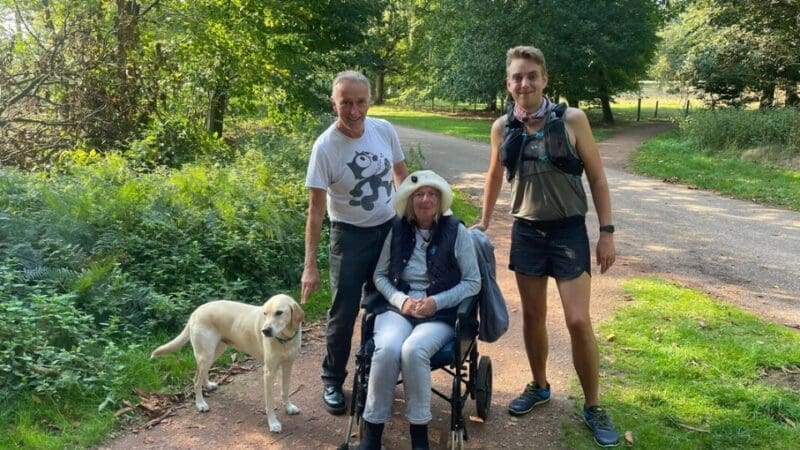A person with dementia can often understand far more than they can communicate, so always try to involve them in your conversation.
Small changes in your approach can make a big difference. You could try:
- stopping what you’re doing and focusing entirely on the person
- limiting distractions
- saying their name when talking to them
- touching their arm, if they feel comfortable with this
- smiling
- speaking slowly, clearly and in short sentences
- using simple and straightforward language
- listening carefully with empathy and understanding
- giving the person plenty of time to answer
- maintaining appropriate eye contact
- being specific – for example, try not to use pronouns such as ‘he’ or ‘she’ when talking about others; use their name instead
- using gestures to act out what you’re saying – for example, by miming drinking a cup of tea or putting on your shoes
- using pictures to explain what you’re saying, such as an image of a car or a photo of where you’re going
- avoiding open-ended questions or offering too many choices
- using visual timetables – where you use photos or images to show what will happen at various times of the day
You could also ask the person’s GP or specialist if a referral to a speech and language therapist might be beneficial.
If the person with dementia seems more confused than usual and is having more trouble communicating, it’s a good idea to visit their GP.
Sometimes, there may be another cause for their confusion, like an infection, constipation, dehydration or delirium, which could be treated.



